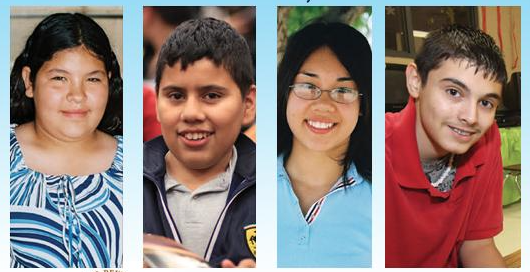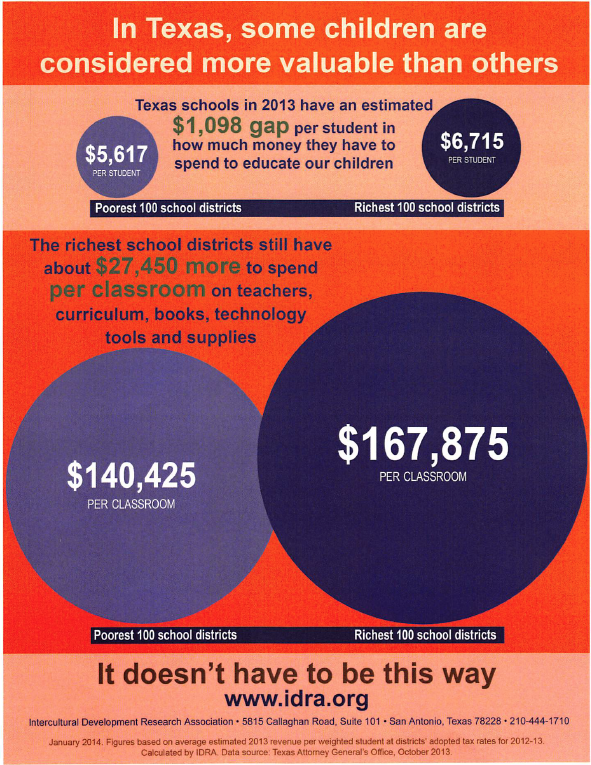Helen Gym announces run for Phila. City Council

Gym, a Democrat, announced her candidacy for a City Council at-large seat at a lively rally Monday at the Ethical Society Building on Rittenhouse Square in which she mostly focused on education.
A former elementary schoolteacher, she has become a fiery advocate for public education funding and a frequent critic of city policies surrounding it.
Gym, 47, the mother of three children in Philadelphia public magnet schools, entered the race with the endorsement of the Philadelphia Federation of Teachers, who have also pledged to donate the maximum $11,500.
"We will support her campaign with the same energy and commitment that she has shown when it comes to high-quality education in Philadelphia," the union's president Jerry Jordan said at Monday's announcement.
Gym's three children introduced her to a cheering crowd of about 200 following comments from Rev. Mark Tyler of Mother Bethel African Methodist Episcopal church. In a city where there is no elected school board, "the next best thing is putting Helen Gym on City Council," Tyler said.
Gym joined a growing list of Democratic at-large candidates hoping to take one of five seats up for grabs, including the one vacated by former Councilman James Kenney.
The Democratic incumbents are Blondell Reynolds Brown, William K. Greenlee, W. Wilson Goode Jr. and Ed Neilson. Republican at-large Councilmen David Oh and Dennis O'Brien are also running for reelection.
In addition to Gym, the roster of nonincumbent Democratic candidates so far includes: Paul Steinke, former manager of Reading Terminal Market; former Councilman Frank Rizzo Jr.; George Matysik, the director of government affairs at Philabundance; Isaiah Thomas, professor and former candidate; Sherrie Cohen, an attorney with the Tenant Union Representative Network; Tom Wyatt, a partner at Dilworth Paxson law firm; and Jenne Ayers, a Yale law student and daughter of former Fire Commissioner Lloyd Ayers.
Gym, a University of Pennsylvania grad, was named one of the 75 most influential people in the city by Philadelphia magazine in 2014. She founded Parents United for Public Education, which seeks more funding and resources for
Read more at http://www.philly.com/philly/news/politics/20150210_Helen_Gym_announces_run_for_Phila__City_Council.html#z7Udf2VJrwyW2zcS.99










